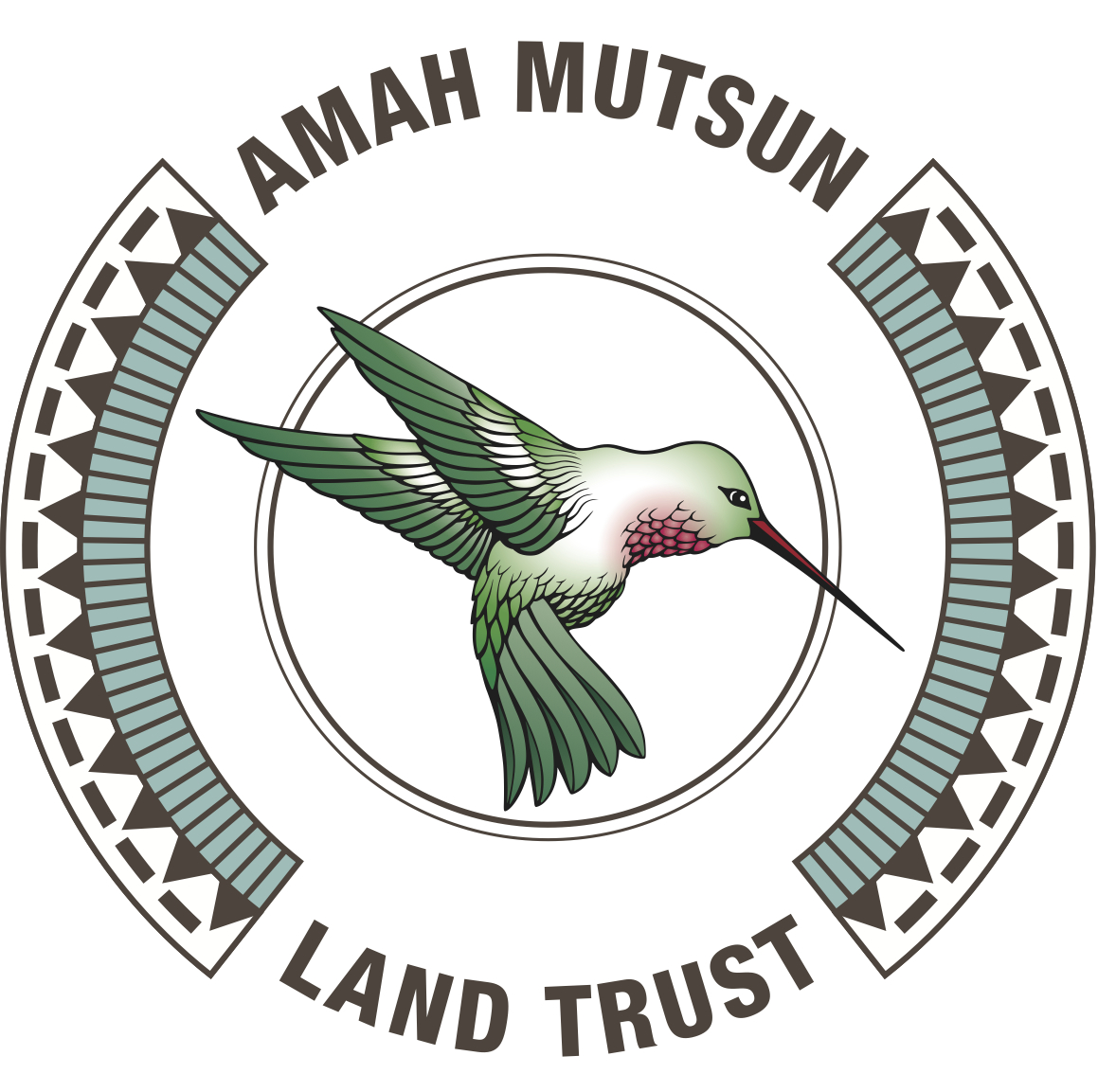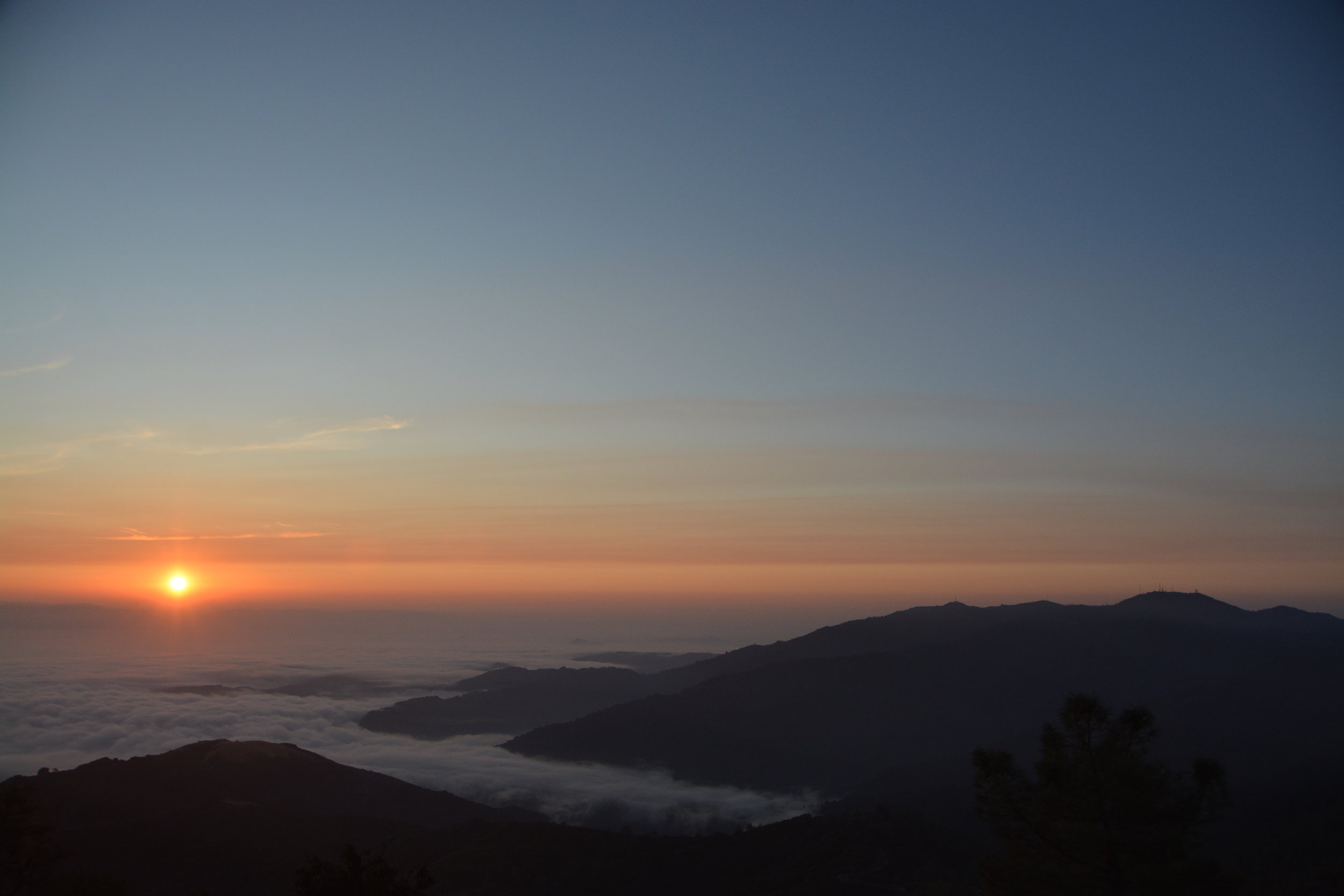Summer 2020 Newsletter
Letter From Chairman Lopez
Dear Friends,
One thing I was taught early in my life is that our people are survivors. One of my earliest memories is during apricot season; I was living in a tent with my grandmother at Swanson Ranch in Hollister. My grandmother was blind and we had to be available to help her throughout the day. We’d help her to her chair outside the tent, under the shade of apricot trees so she could sit down for dinner. We helped her walk to the outhouse so she could go to the bathroom, and we helped her ride in the back of the flatbed truck so she could ride to the “cutting house” to cut apricots all day long. I had a special relationship with my grandmother and, importantly, the whole camp helped her. My grandfather, who was born in 1900, picked apricots, so he was gone for the most of the day and when he got home he’d be very tired. My grandmother always had a smile on her face and didn’t look at this life as a hardship. She would tell us about our history and about her growing up. She always listened to the news stations on the radio and would tell us what was going on in the world.
I just knew that as long as my grandmother was near everything would be ok. My grandmother passed away in 1978 when I was 26 years old. I knew that as long as I carried my grandmother in my heart she would guide me throughout my life.
I tell this story to share with you that when the COVID-19 pandemic hit, and then the recent fires that affected us in the Santa Cruz Mountains, I knew we, as a Tribe and as a Land Trust, would survive as long as my grandmother and all our ancestors were there to help us.
Val (left) and EkOngKar (right) at a prescribed burn in 2018. Photo credit Sempervirens Fund.
Another loss for us this year was the resignation of EkOngKar Khalsa as our executive director. EkOngKar worked hard for our land trust for four years, and contributed greatly to our success. When he called me to announce his resignation, I told him we will always be thankful for all he gave us and wished him the best in his new position.
This has been a busy year for Amah Mutsun Land Trust, but our hard work is paying off. During this year we have made excellent progress in our efforts to restore our traditional stewardship of freshwater and ocean resources. We are one of the founding organizations and Tribes of the Tribal Marine Stewardship Network – a pilot project funded by the Ocean Protection Council to support Tribal involvement in the stewardship of the State’s Marine Protected Areas. Other foundations, such as Resources Legacy Fund, are currently supporting the development of our coastal stewardship program, and we have also applied for two new coastal stewardship opportunities in collaboration with the Center for Diverse Leadership in Science at UCLA. In the realm of freshwater management, we are engaging in the State’s Integrated Regional Water Management (IRWM) process, with support from the California Indian Environmental Alliance.
Val speaking at AMLT Coastal Youth Summer Camp in 2019
Just prior to the CZU Lightning Complex fires, we were about to begin revegetating Quiroste Valley with our Native food, medicine, and crafting plants, as part of our coastal prairie restoration work, supported by a grant from the Cultural, Community and Natural Resources Grant Program of the State of California Natural Resources Agency. We are eager to resume that work once our Native Stewards are back in the field. Interestingly, we’re using seeds that we have collected for the past four years or more from Quiroste Valley for this effort. We see this, and other projects that we are initiating this year, as the start of our food sovereignty program. One day, we plan to provide our Native foods to all of our Tribal members, at no cost, to help them deal with health and food insecurity issues.
Finally, we’d like to notify you that on October 3rd we’re inviting the public to attend our Tribal wellness meeting. October is the start of our twelfth year of holding bi-monthly wellness meetings to help our Tribal members deal with our historic trauma. The topic for this meeting will be, how do we as Native Americans recover from the horrible impacts of three periods of brutal colonization, which is now known as historic trauma. One thing we’ve spoken of at our meetings is the need for perpetrators to heal from their historic trauma as well. So, at this public wellness meeting, we will share with the audience what we mean when we say perpetrators must heal. Joining us will be four retired Catholic nuns who have worked with our Tribe, and together, we have talked about this subject in some detail. The last 15 – 20 minutes of the meeting will be questions and answers from the audience asked via Zoom. We’re not sure what to expect, but we believe this will be a very informative and important meeting. More information about the time and how to access this event will be sent through our email list.
Another opportunity we’d like you to know about is our Amah Mutsun Land Trust will hold a Zoom conference, in late October, to discuss traditional Native American land management using fire. In addition to members of the Amah Mutsun Land Trust team, we will have two professors from UC Berkeley present and a member of the Inter-Tribal Fire Network, of which our AMLT is a founding member. You can view a Ted Talk given by professor Scott Stephens here, as he will be one of the speakers at this event. We’re hoping this will be the beginning of restoring traditional fire to Indigenous land stewardship of the central coast. More information about event details will be sent through our email list. Please also see our article about cultural burning in this edition of our newsletter.
tumsan-ak kannis, Thank you,
Valentin Lopez
President, Amah Mutsun Land Trust
Chair, Amah Mutsun Tribal Band



